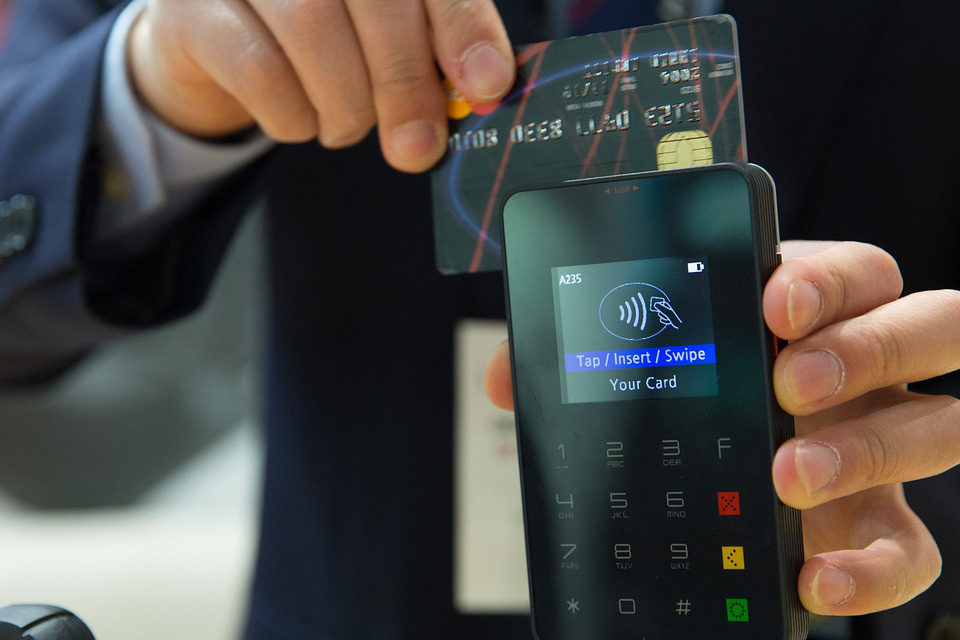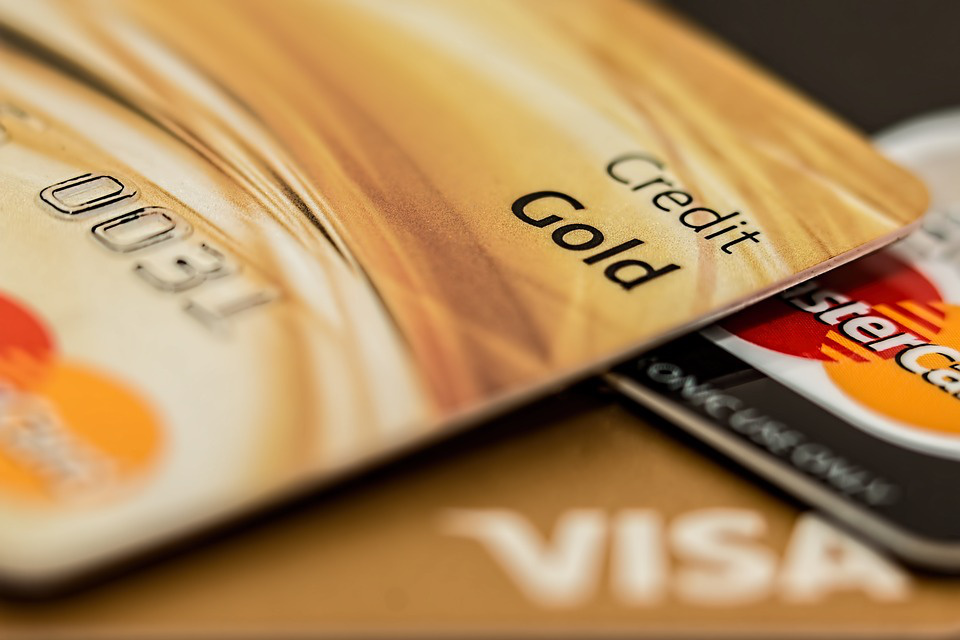Equifax Breach – Protect Your Assets

Sep 11 | 2017

You may have heard or read in the news that millions of people’s sensitive personal information was stolen from Equifax due to a massive cybersecurity data breach. As one of the nation’s three major credit reporting agencies, this news is not to be taken lightly. 143 million Americans were affected and you could be one of them.
As per the Federal Trade Commission, “The breach lasted from mid-May through July.” What was stolen? Names, social security numbers, addresses, birth dates, driver’s license numbers, and credit card numbers. Many Canadian and UK citizens were affected as well.

The free-credit-score website, WalletHub has important advice for potential victims of this widespread data breach. These tips can help you deal with the present situation as well as aid in protecting yourself in the future.
24/7 credit monitoring is a valuable protective measure, as per WalletHub. Anthony Credit Expert concurs, “The best way to protect one of your most valuable tools to leverage wealth is with a 24/7 credit monitoring service. Credit Monitoring will keep you informed by providing you with 24/7 alerts and an updated Tri-merge Report and all 3 scores every 30 days.” As per WalletHub, “This gives you the chance to quickly confirm the accuracy of the change and, if necessary, start sorting out any problems before they really get out of hand. Any suspicious credit-report change can be a sign of fraud.”

WalletHub also recommends enabling two-factor authentication. It adds another layer of protection to inhibit a thief from hacking your account. According to Secure Envoy, “Two Factor Authentication, also known as 2FA, two step verification or TFA is an extra layer of security that is known as “multi factor authentication” that requires not only a password and username but also something that only, and only, that user has on them. Using a username and password together with a piece of information that only the user knows makes it harder for potential intruders to gain access and steal that person’s personal data or identity.”

Some other ways to keep your data and identity safer? WalletHub suggests freezing your credit cards if you suspect fraud, suppression blocking which is “faster than a standard dispute, helping victims of fraud rid their reports of problematic information in a matter of days, rather than weeks. You must also take special steps to request suppression. This includes filing a police report and completing a Federal Trade Commission (FTC) affidavit,” and to be diligent about who you give your personal information to. Look out for unsolicited phone calls or emails.
For more advice from WalletHub during this Equifax breach as well as for protection moving forth, follow these 6 steps to take following identity theft.










